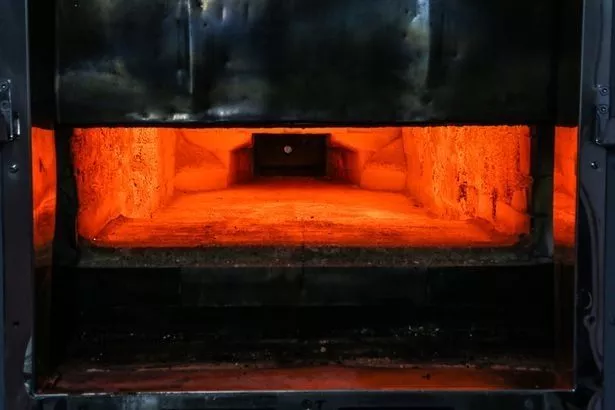How long does it take to Cremate a body ?

Demystifying the Cremation Timeline: How Long Does It Really Take?
In the wake of a loved one’s passing, numerous questions arise, one of which concerns the cremation process and its timeframe. Cremation, a widely chosen alternative to traditional burial, offers a dignified and efficient way to return remains to their elemental form. But navigating the specifics, especially regarding timelines, can feel overwhelming. This comprehensive guide explores the cremation process, delves into the factors affecting cremation duration, and clarifies the timeframe you can expect from start to finish.
Understanding the Cremation Process: A Step-by-Step Breakdown
Cremation is a meticulous procedure that adheres to strict guidelines. Here’s a breakdown of the typical stages involved:
-
Initial Arrangements: Following a loved one’s passing, the family or legal representative contacts a funeral home or cremation service provider. During this initial consultation, preferences regarding the cremation process, urn selection, and memorial services are discussed.
-
Authorization and Paperwork: Required legal documents, such as the death certificate signed by a physician and authorization for cremation from the next-of-kin, are obtained. Some states mandate a waiting period between death and cremation, which can range from 24 to 48 hours.
-
Preparation for Cremation: The deceased is transferred to the care of the funeral home or crematory. With respect and care, the body is prepared for cremation, which may involve dressing it in a simple shroud and removing any non-combustible items like jewelry.
-
The Cremation Process: The prepared body is placed in a cremation chamber, also known as a retort. This chamber utilizes intense heat, typically ranging from 1400 to 1800 degrees Fahrenheit, to cremate the remains. The cremation itself generally takes between 1.5 to 4 hours, depending on factors like body weight and bone density.
-
Processing and Cooling: Following cremation, the cremated material undergoes a cooling process. Once cool, the remaining bone fragments are pulverized into a fine, bone ash consistency using a specialized processor. This processing typically takes 1 to 2 hours.
-
Return of Ashes: The cremated remains, known as ashes, are placed in a chosen urn or container. The funeral home then coordinates with the family for the return of the ashes, which usually occurs within 7 to 10 business days after the cremation is complete.
Factors Affecting Cremation Time:
Several variables can influence the duration of the cremation process. Here’s a closer look at some key elements:
- Body Size and Weight: Larger individuals with higher bone density require more cremation time due to the increased amount of organic material that needs to be broken down.
- Cremation Chamber Capacity: The size and capacity of the cremation chamber can impact the cremation duration. Larger chambers may accommodate bigger bodies or multiple cremations at once, potentially extending the timeframe.
- Crematory Workload: Busy crematories with a high volume of cases might schedule cremations sequentially, leading to a slightly longer wait time.
- Regulatory Requirements: Local regulations or specific requests from the family, such as the use of a single cremation process (meaning no cremations are performed concurrently), can influence the timeframe.
Beyond Cremation Time: Additional Considerations
While the actual cremation process takes a few hours, the overall timeframe for receiving cremated ashes encompasses additional steps. Here are some other factors to consider:
- Death Certificate Processing: Issuing a death certificate by a medical examiner or physician can take 24-48 hours, depending on the cause of death.
- Funeral Home Procedures: The funeral home’s internal procedures for preparing the body and coordinating cremation can add a day or two to the timeline.
- Urn Selection and Personalization: Choosing and potentially personalizing an urn may add a few days if the urn is not readily available.
The Importance of Communication:
Open communication with your chosen funeral home or cremation service provider is vital. They can provide specific details about their cremation process, estimated timelines based on your individual circumstances, and answer any questions you may have.
In Conclusion
The cremation process itself typically takes between 3 and 6 hours, with additional time needed for paperwork, preparation, processing, and urn selection. The overall timeframe for receiving cremated ashes can range from 7 to 15 business days from the time of death. By understanding the cremation process, the influencing factors, and the importance of clear communication, you can navigate this essential step with greater ease and peace of mind during a difficult time.



